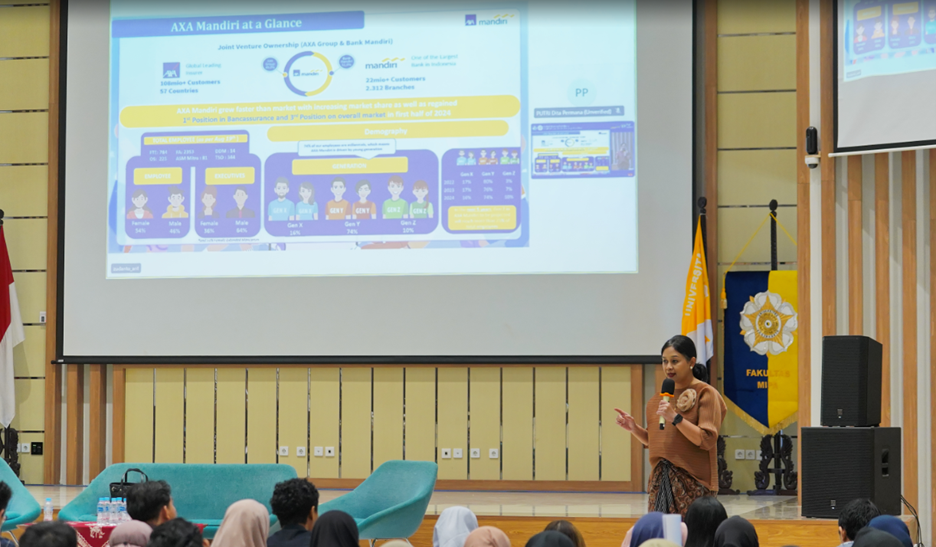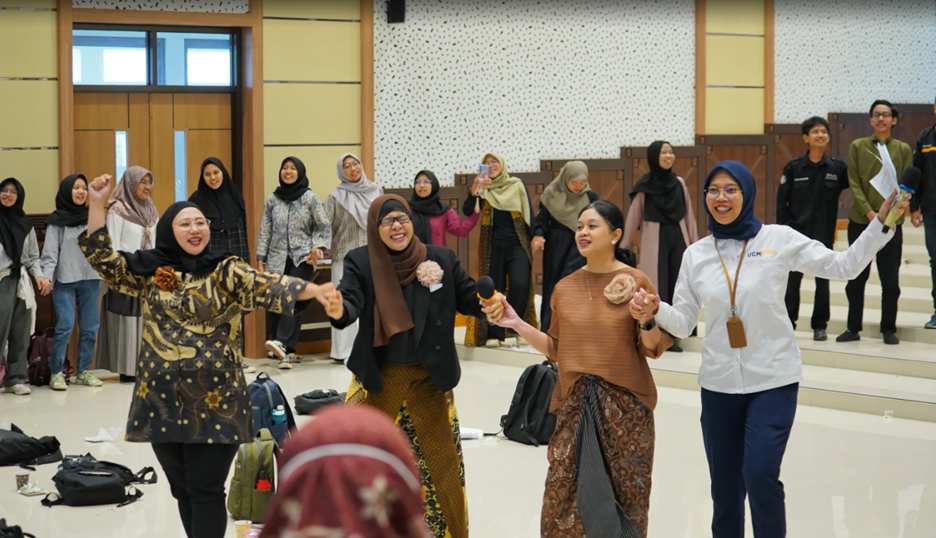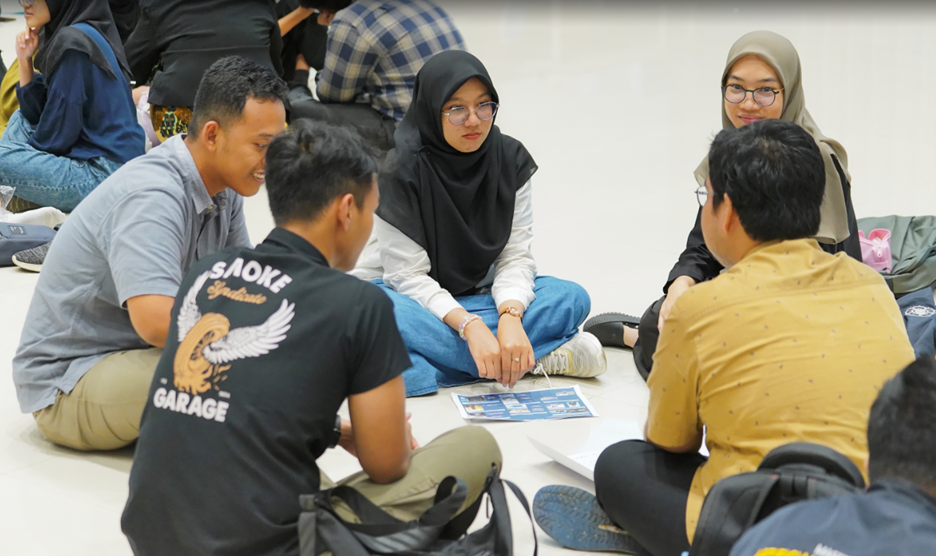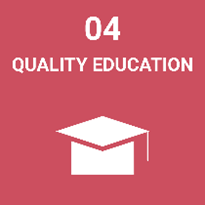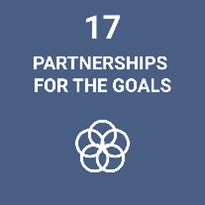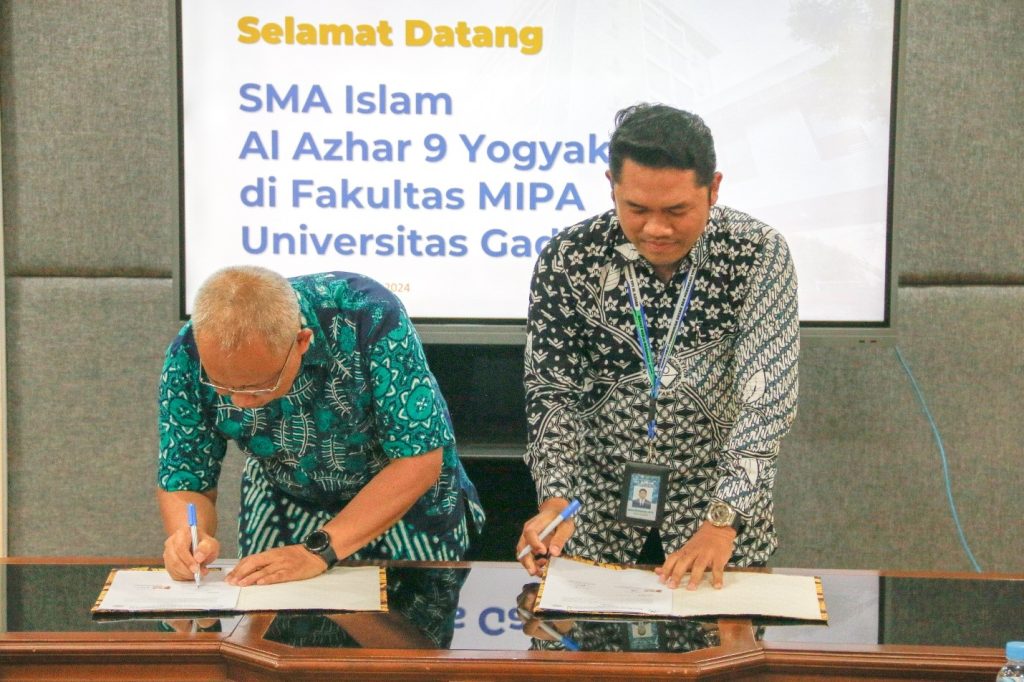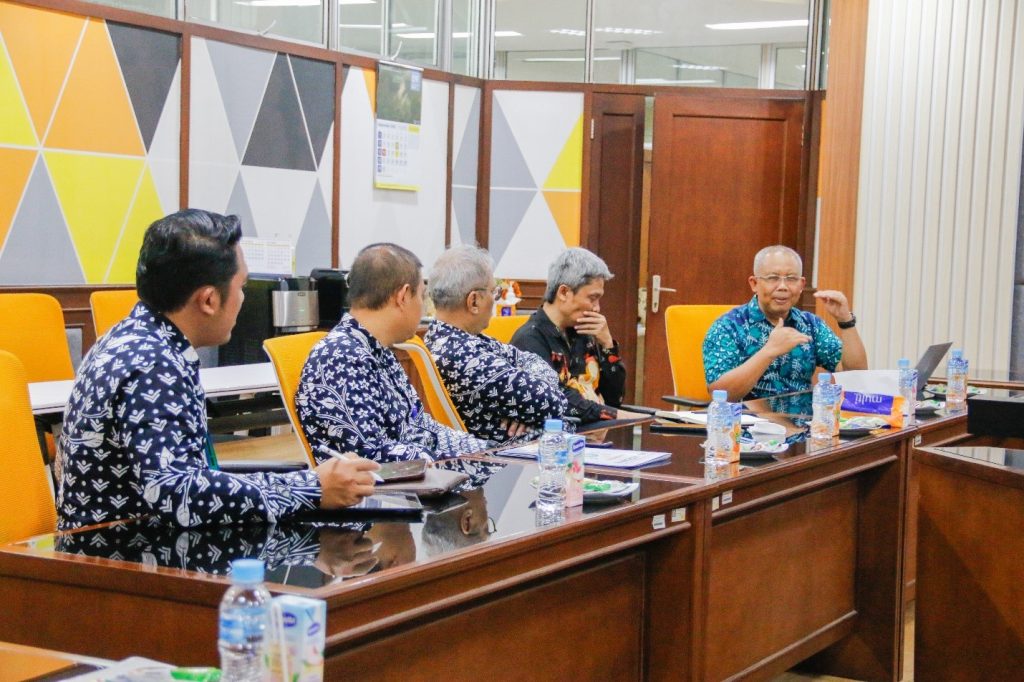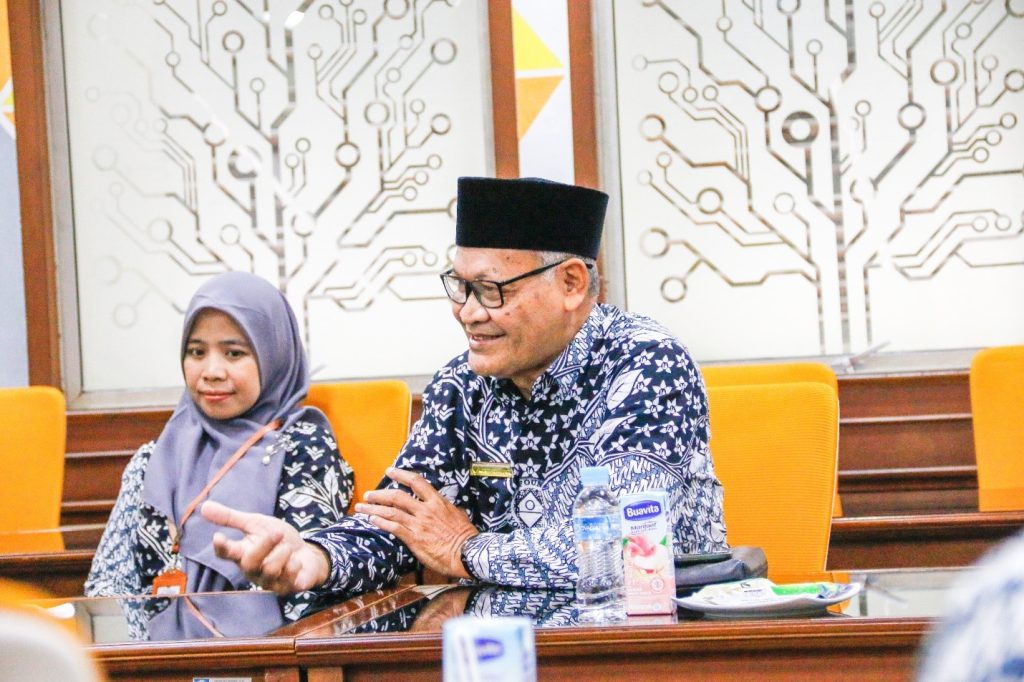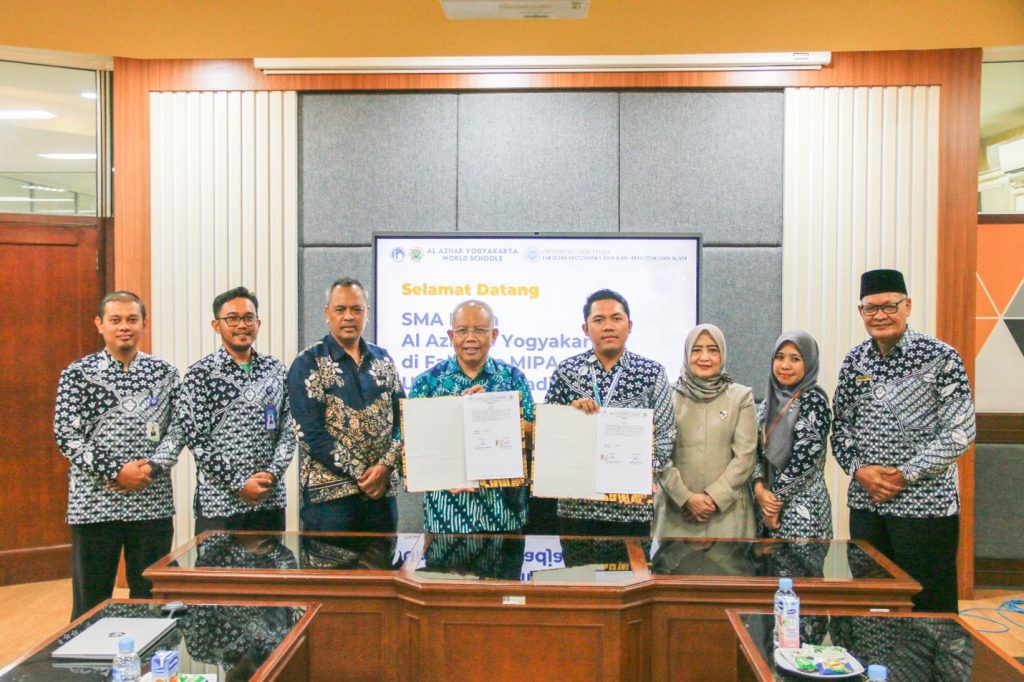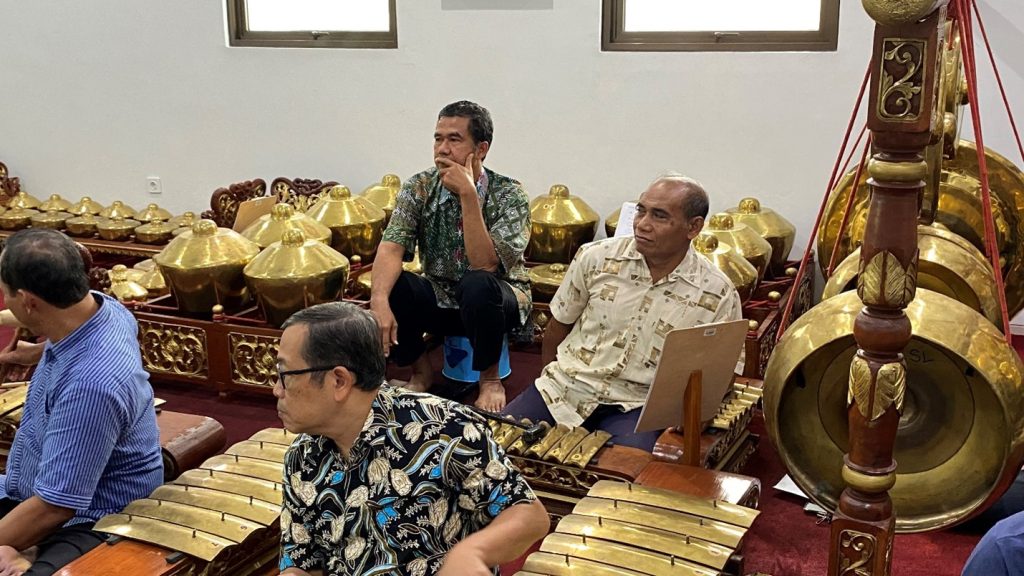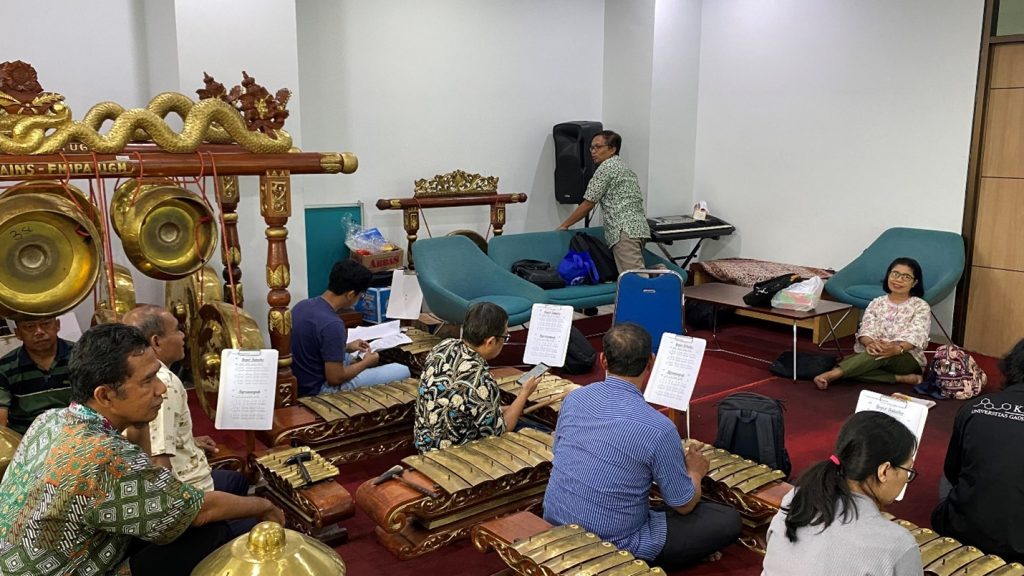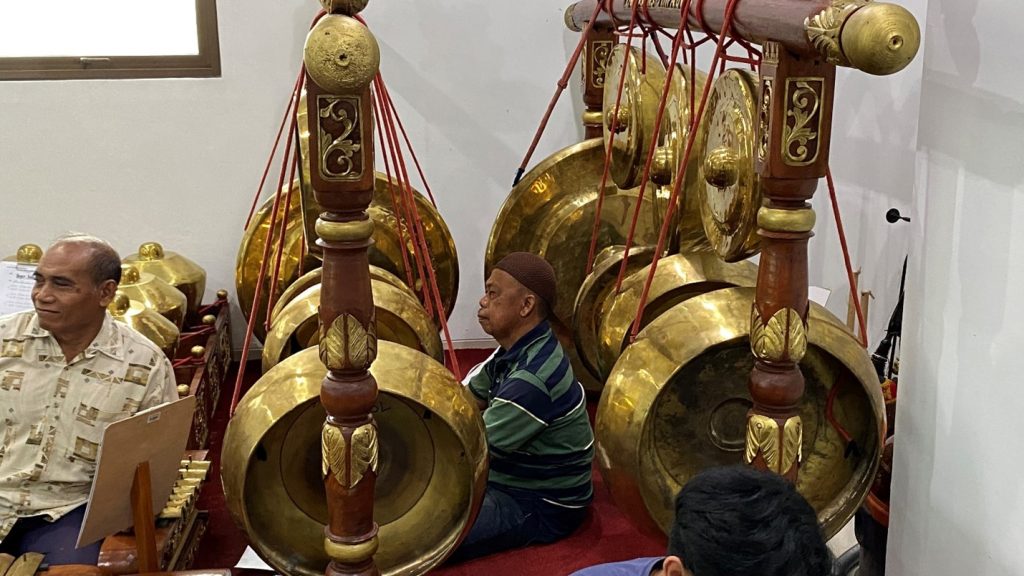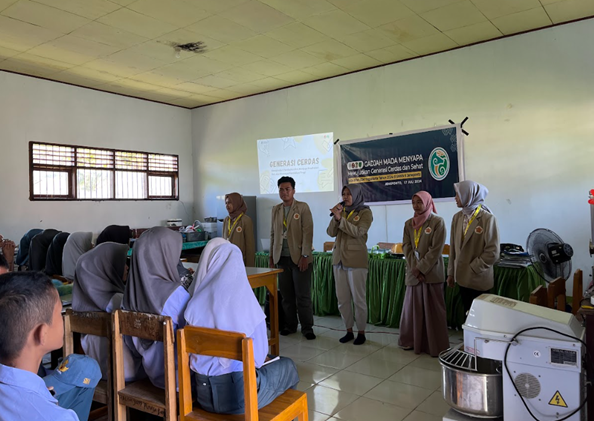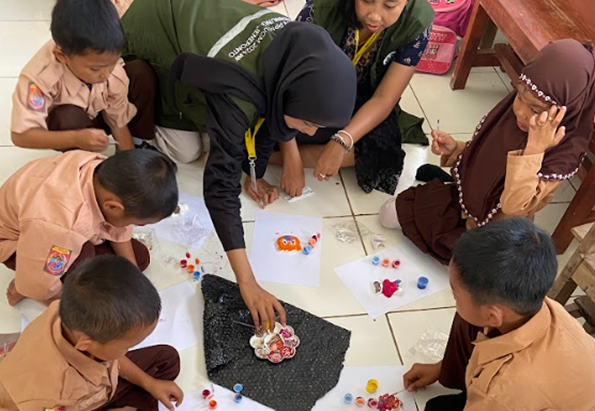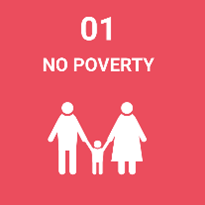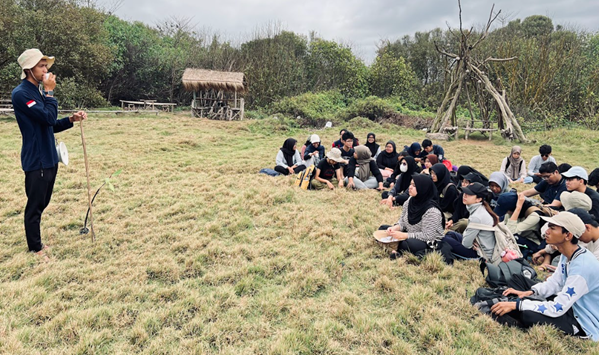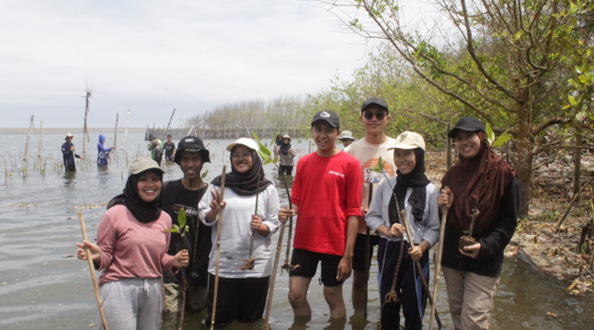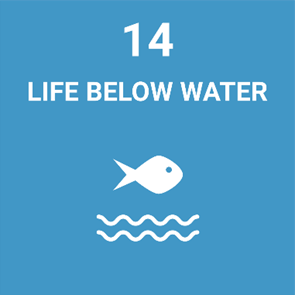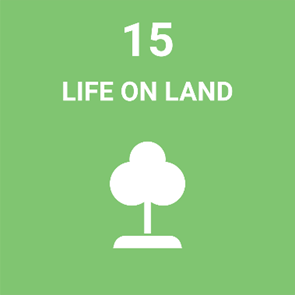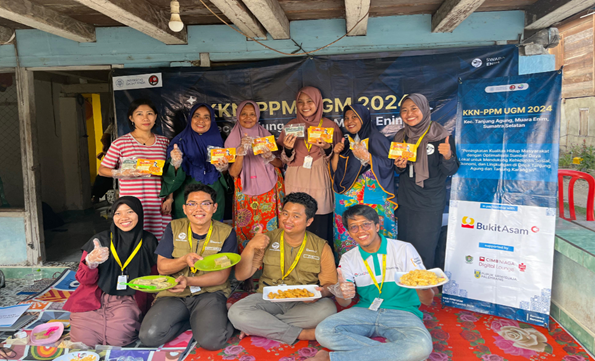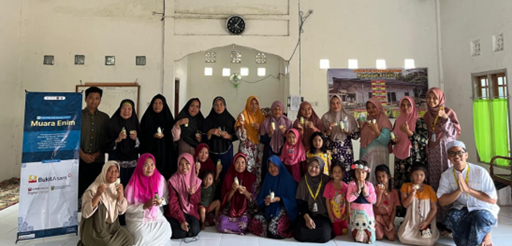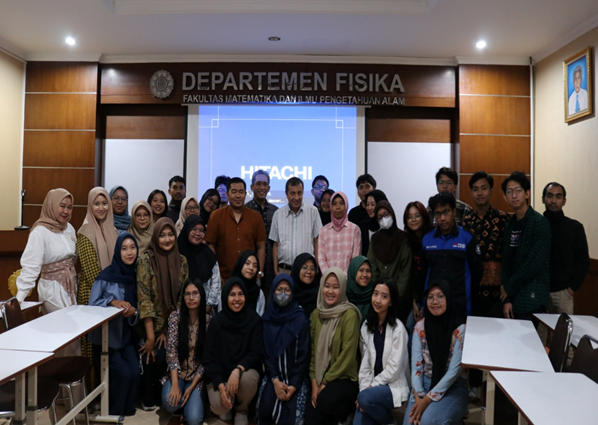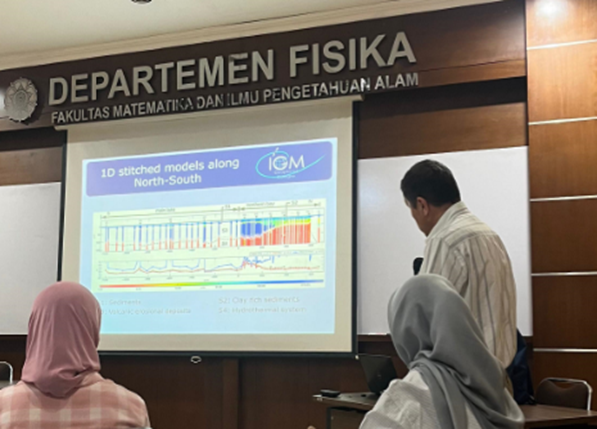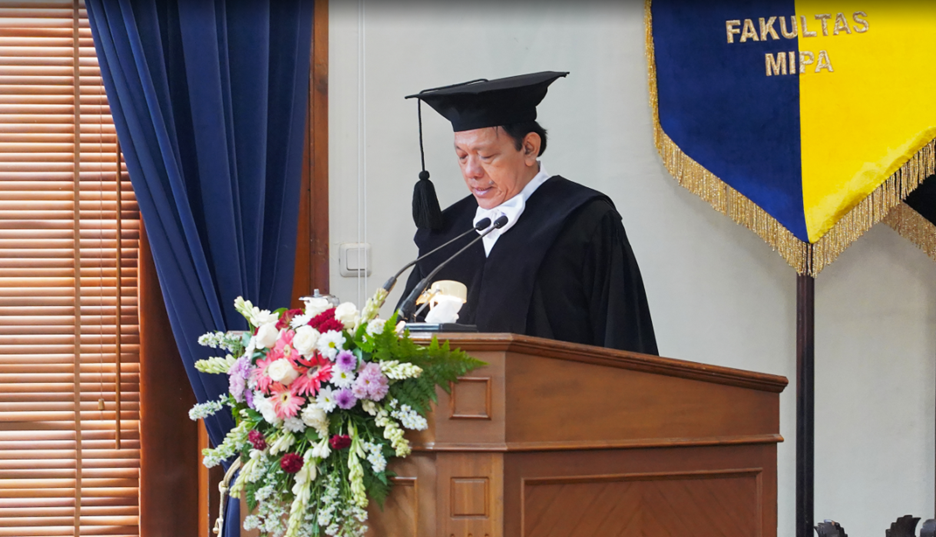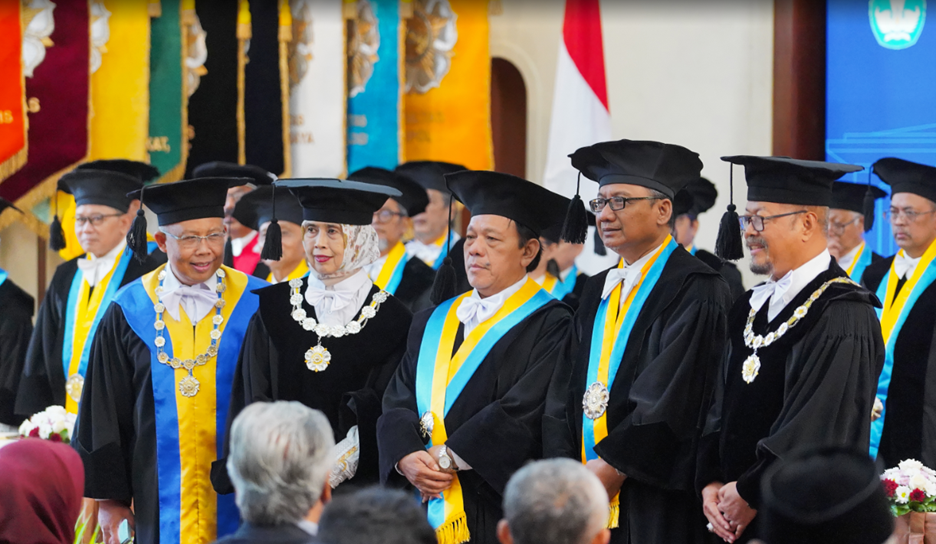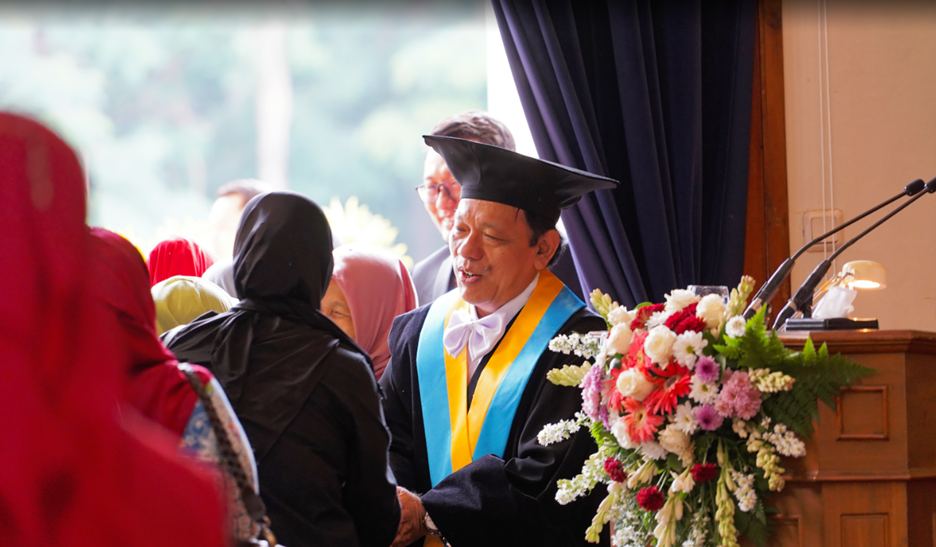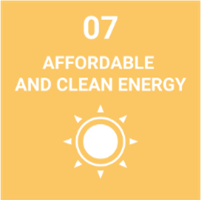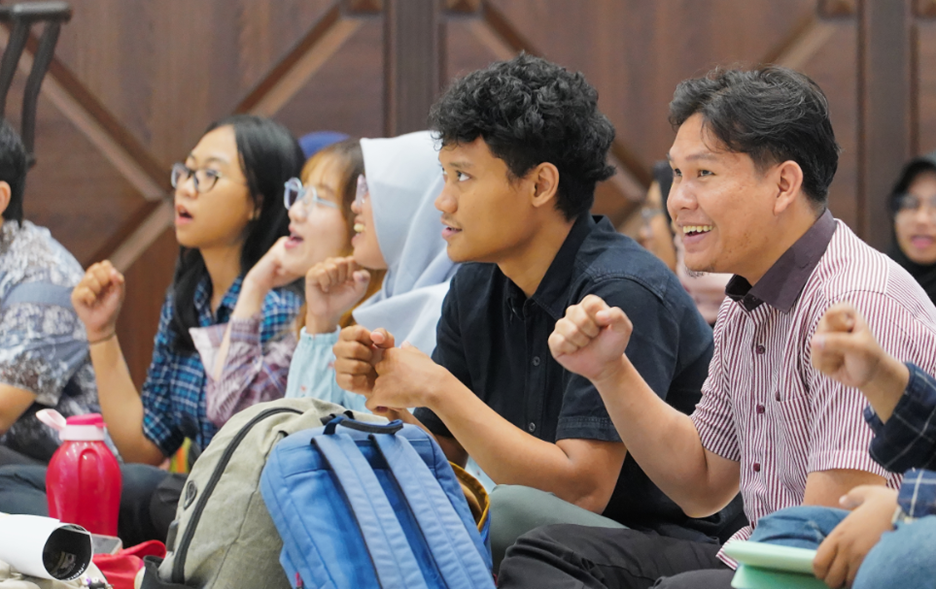
Membangun Visi dan Resiliensi Mahasiswa dalam Rangka Pengendalian Kesehatan Mental dan Peningkatan Self-Awareness Mahasiswa oleh AXA Mandiri
AXA Mandiri mengadakan kegiatan bertajuk Membangun Visi dan Resiliensi Mahasiswa dengan pembicara Elisabeth Evaly Dewi pada tanggal 9 September 2024,. Acara ini bertujuan untuk berbagi tantangan antar generasi di tempat kerja, agar mahasiswa dan dosen dapat memahami komunikasi satu sama lain secara lebih baik. Berdasarkan data dari Deloitte, konsultan kemanusiaan global, 46% generasi Z dan milenial merasa stres atau cemas sebagian besar waktu akibat tekanan dari berbagai aspek, seperti lingkungan pendidikan, pertemanan, keluarga, dan masa depan.
Dalam pemaparannya, Elisabeth Evaly Dewi menjelaskan pentingnya kesehatan mental sebagai kebebasan emosional seorang individu. Ia menekankan bahwa meningkatkan kesadaran diri (self-awareness) dan memahami pola coping yang tepat sangat penting untuk mengelola stres dan membangun resiliensi. Elisabeth juga mendorong peserta untuk menemukan support system yang dapat dipercaya sehingga mereka merasa aman untuk menunjukkan kerentanan (vulnerability) mereka.
“Awareness dan mindset itu segala-galanya untuk mengelola stres dan meningkatkan resiliensi kita,” ujar Lisa.
Resiliensi sangat penting untuk mengatasi permasalahan, beradaptasi dengan perubahan, mencapai tujuan, serta meningkatkan kesehatan mental dan kualitas hidup. Resiliensi dapat dibangun dengan mengembangkan pola pikir positif, fokus pada tujuan jangka panjang, membangun support system yang kuat, dan mengelola stres dengan baik. Salah satu mahasiswa matematika angkatan 2022 menyampaikan bahwa ia mengikuti kegiatan ini karena merasa tidak nyaman terhadap dirinya sendiri akhir-akhir ini, dan acara ini sangat memberikan wawasan terkait pengendalian kesehatan mental.
Informasi ini terkait dengan Sustainable Development Goals (SDGs) nomor 4, 11, dan 17. SDG 4 mendorong pendidikan berkualitas, SDG 11 menekankan pentingnya menciptakan komunitas yang inklusif dan berkelanjutan, sementara SDG 17 menekankan pentingnya kemitraan untuk mencapai tujuan-tujuan pembangunan berkelanjutan. Kegiatan ini mendukung tujuan tersebut dengan memperkuat resiliensi dan kesadaran diri di kalangan mahasiswa.
Penulis: Chairunnisa Anggun Setiono
Dokumentasi: Hero Prakosa Wibowo
